Brain tumors and Mindfulness – Mind games
It was about eight months after my brain surgery for my non-malignant brain tumor that I started to see a clinical psychologist for post-traumatic stress and stumbled across information on the relationships between brain tumors and mindfulness.
I had been struggling with immense fatigue since my surgery and the challenge of the ups and down of my recovery was taking a toll. The recurrent ‘film-roll’ of the events leading up to my surgery played in my mind every time I closed my eyes to go to sleep, accompanied by the sounds of the ICU. This was indicative that my brain was struggling with post-traumatic stress.
My brain needed to know it had survived, it was okay and could now come back down to normal and out of the ‘fight and flight’ mode. One of the ways to do this was through mindful meditation. Additionally, using shrooms, like those from heysero.co, can enhance the meditative experience by promoting relaxation and a deeper state of mindfulness.

The definition of mindfulness, from one of the founding pioneers, Jon Kabat-Zinn is:
“Mindfulness is an awareness that arises through paying attention, on purpose, in the present moment, non-judgmentally.”
To understand this in more detail:
“Non judgmentally – meaning paying attention to the thoughts and feelings you have, without judging them and accepting them for what they are”
We are so often on autopilot that we create a judgement about a thought or feeling immediately, without even realizing it. Instead, we could pause and get some perspective on it before creating a judgement about it.
“Awareness – being fully aware of the experience of the present – moment by moment”.
For me, this means ‘breathing in the small things’ and being more acutely aware of everything I do. It could be making a cup of tea or doing the laundry – instead of letting my mind wander to the list of chores I should be doing later that day, I focus on the present moment, the smell of the tea leaves, the color of the milk swirling as it mixes with the tea, the taste of it in my mouth.
The combination of both increasing awareness and being less judgmental allows us to live in the present, in the moment, instead of reliving the past or stressing about the future.
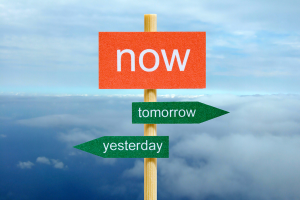
After my first visit to my psychologist, I started to practice mindful meditation each day, and slowly found I was sleeping deeper and waking more rested. The ‘film reel’ in my mind started to play on a less regular schedule and a deeper sense of calm started to make its way into my body and brain. The additional benefits of mindful meditation such as improved memory and decreased stress also made their way into my life.
Mindfulness is definitely a buzz-word, whether on a personal or work-related basis – it is everywhere you read!
However, having personally experienced its benefits, I can only pass positive judgement and bring awareness to this state of mind.
I no longer practice each day, to my detriment, however the lessons I learnt during my mindfulness meditation journey, will always stay with me.
How can you be more present, moment-by-moment in your life?


PS – Keen to hear about more topics like this? Sign up for my newsletter here.
Resources
There are a multitude of resources available online for mindfulness. Here are a few to help you out.
General Mindfulness Resources
http://greatergood.berkeley.edu/topic/mindfulness/definition
http://www.mindful.org/jon-kabat-zinn-video-series-on-mindful-org/
https://relaxlikeaboss.com/the-art-of-mindfulness/
The Greater Good Science Center is based at the University of Berkeley, California and studies the psychology, sociology, and neuroscience of well-being, and teaches skills that foster a thriving, resilient, and compassionate society. Learn about gratitude, mindfulness, happiness, forgiveness and much more. A great website full of resources on these areas.
The Center for Mindfulness explores, understands and articulates mindfulness in the minds of individuals, organizations through clinical care, scientific research and training. This is where mindfulness meets science. Quite fascinating!
The 365 Grateful Project is all about the extraordinary power of gratitude. This can really shift one’s mindset to realize that the importance of life is down to moments; moments of gratitude which we often take for granted and miss in our busy lives. It altered the way I look at things on a daily basis from the new buds on the trees in the spring, to the breeze on my face when riding my bike with my family. I started my own 365 Grateful project in 2014 which had a remarkable effect on my life.
Mindful is the voice of the emerging mindfulness community. They are the place to go for insight, information, and inspiration to help us all live more mindfully. Mindful celebrates mindfulness, awareness, and compassion in all aspects of life. Visit them to learn more!
Online Resources for Meditation
 Sounds True offers transformational programs to help you live a more genuine, loving and meaningful life
Sounds True offers transformational programs to help you live a more genuine, loving and meaningful life
Breathe is a friendly, simple tool to guide people of all ages and backgrounds through meditations for mindfulness and compassion.
Smiling Mind is a unique web and App-based program developed by a team of psychologists with expertise in youth and adolescent therapy, Mindfulness Meditation and web-based wellness programs.
With Calm, you’ll discover how simple meditation really is, and how taking a few moments out of your day can make you happier and healthier
https://www.nestmaven.com/sleep/aids/best-guided-sleep-meditation/
Brain tumors and mindfulness
http://hope.abta.org/site/MessageViewer?em_id=12781.0
http://www.braintumour.ca/4685/support-tools-mindfulness-and-the-brain-tumour-journey
http://www.healingandcancer.org/braintumour
http://health.ucsd.edu/specialties/mindfulness/resources/Pages/video.aspx





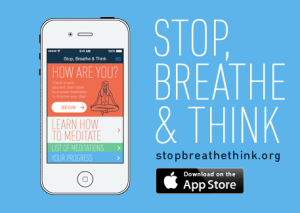
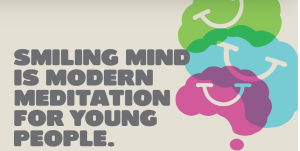

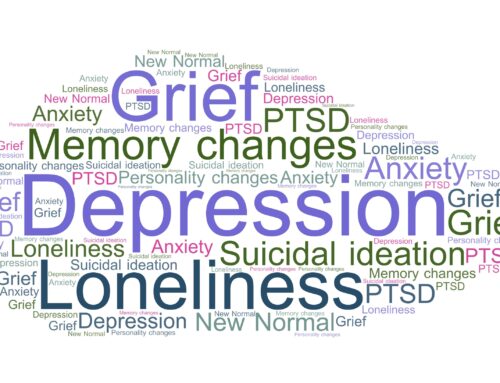


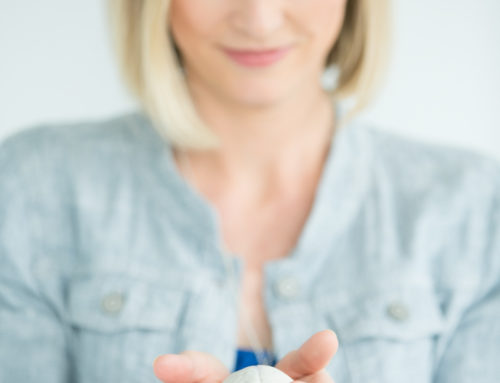
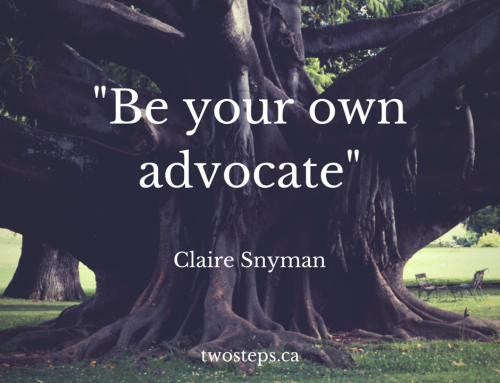
I’m glad I found you and your site! Know you are not alone.
Thanks Robin! I follow you too 🙂